
How to Recognize Early Warning Signs of Relapse
Understanding Relapse Warning Signs
Relapse is often misunderstood as a sudden event; however, it is typically an extended process that begins long before the physical act of substance use. Recognizing and understanding the early warning signs of relapse are vital for individuals in recovery, helping prevent setbacks and maintain long-term sobriety. This article delves into the crucial indicators of relapse across its various stages, offering insights and strategies to avert potential pitfalls.
The Gradual Process of Relapse
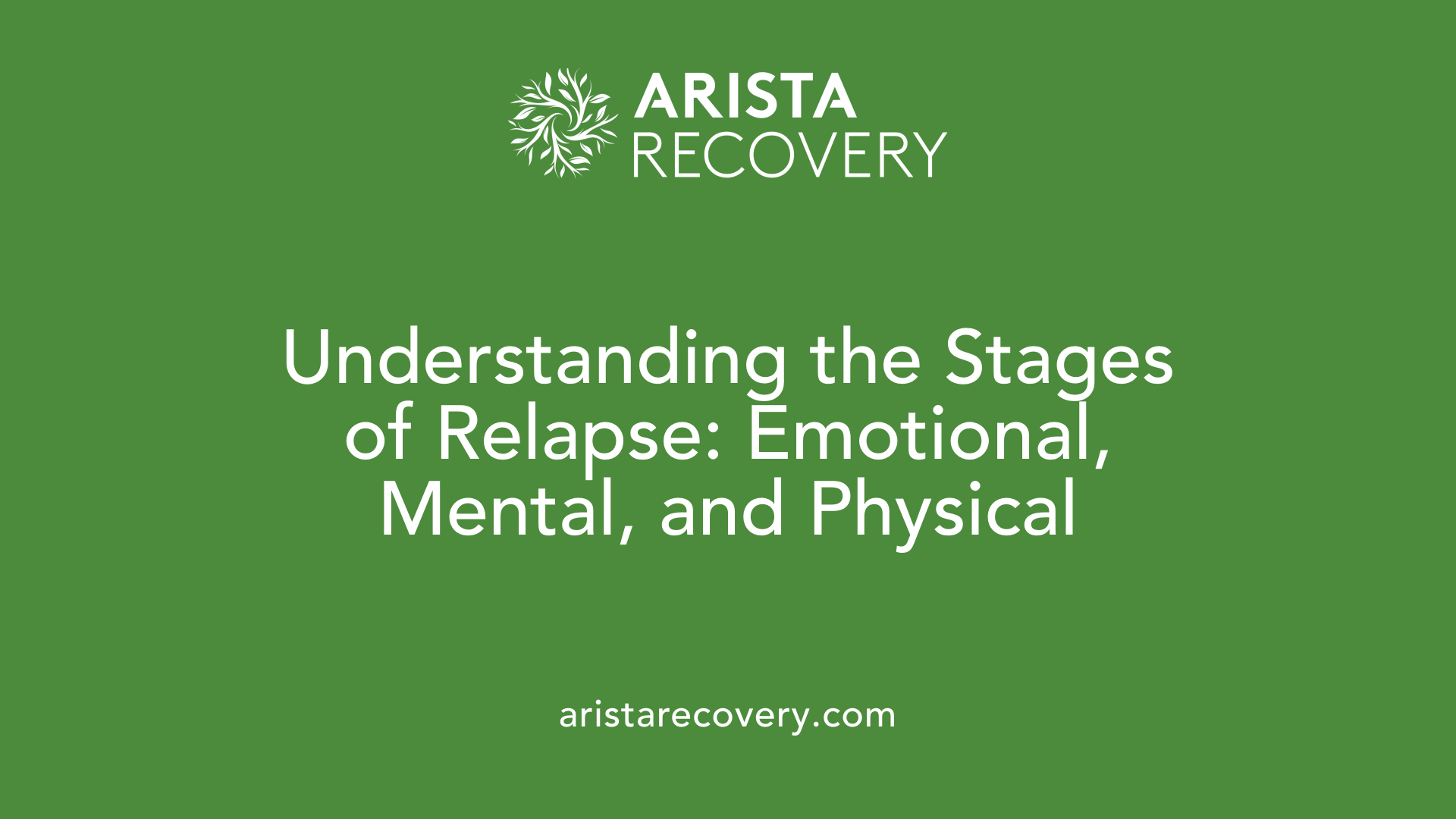
The process and stages of relapse
Relapse typically unfolds as a process over several weeks, rather than appearing as a sudden event. Understanding this progression is critical for effective intervention and prevention. There are three recognized stages of relapse:
Early identification of relapse signs
Recognizing early warning signs of relapse is vital for prevention. Key indicators include:
By remaining vigilant and connected to support networks, individuals can identify potential signs, revisit their relapse prevention strategies, and engage in healthy self-care routines. Ongoing awareness is essential as the risk of relapse is persistent, strengthened by returning to past unhealthy connections.
The Three Stages of Relapse
Understanding relapse stages
Relapse is not an immediate event; rather, it unfolds over time and can be divided into three distinct stages: emotional, mental, and physical. Recognizing these stages and their unique characteristics is vital for proactive recovery management.
Characteristics of each relapse stage
Stage of RelapseSigns and SymptomsPrevention StrategiesEmotionalMood swings, isolation, neglecting self-careSelf-care practices, seeking supportMentalCravings, fantasizing, romanticizing past useOpen discussion of feelings, mindfulnessPhysicalActual substance use, feelings of guilt, return to old habitsRe-engaging in recovery programs, therapy
By identifying these stages early, individuals and their support networks can intervene more effectively, enhancing the pathway to sustained recovery.
Recognizing Emotional Relapse
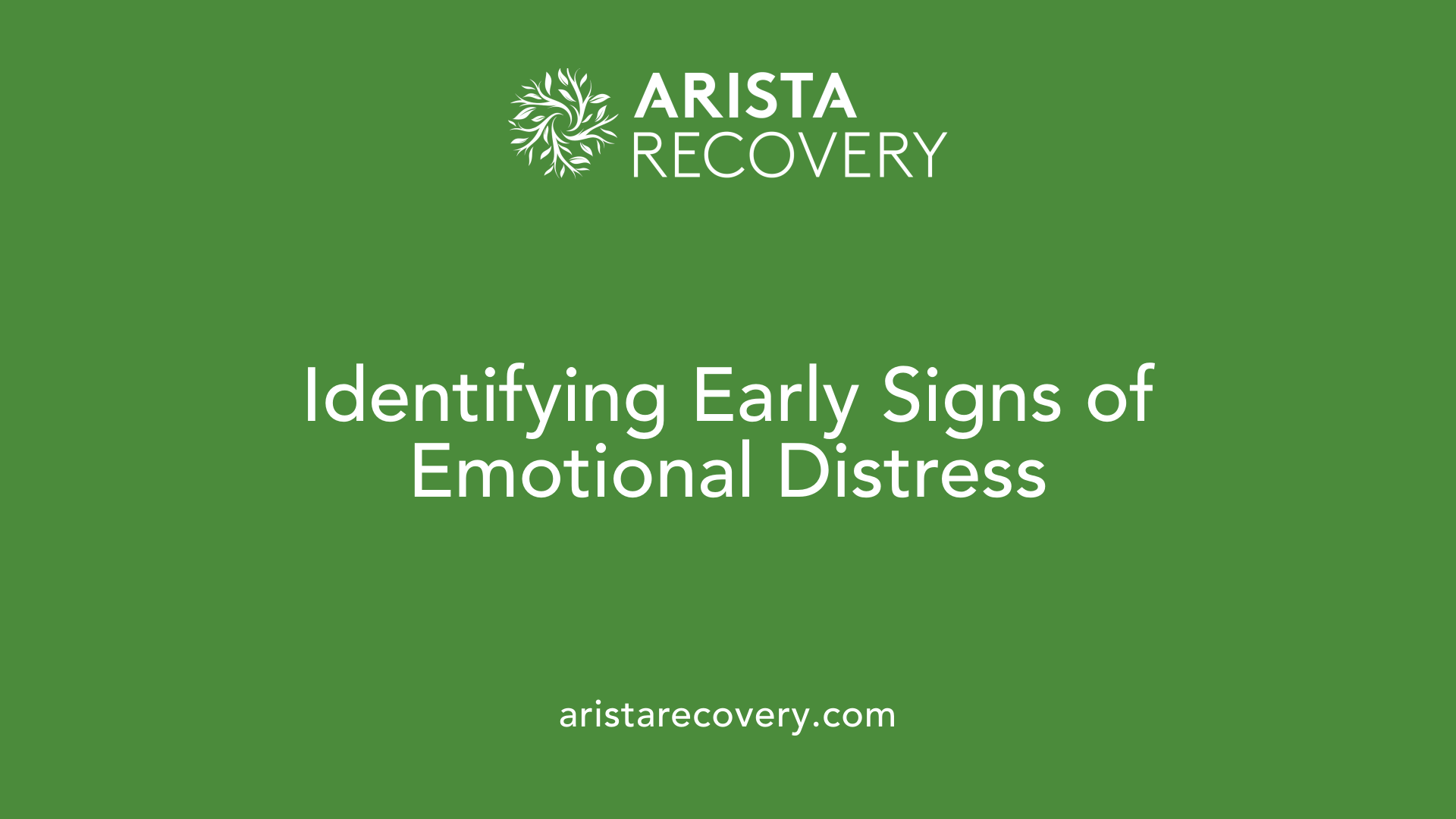
Signs of Emotional Relapse
Emotionally, relapse typically begins gradually, often without the individual realizing it. Key indicators of emotional relapse include:
Recognizing these signs early can prevent the progression into more severe relapse stages.
Impact on Recovery Journey
The consequences of failing to address an emotional relapse can be significant. When individuals overlook these signs, they may find themselves transitioning into mental relapse, where cravings and fantasies about substance use emerge. This shift can heighten vulnerability and lead to physical relapse—the actual return to substance use.
Moreover, emotional relapse can create a cycle of guilt and shame, further complicating recovery. Acknowledging and addressing emotional distress proactively enhances resilience, helping to solidify recovery efforts.
Finally, maintaining open communication with support networks—such as sponsors or healthcare providers—is vital. This dialogue not only fosters accountability but also provides a pathway to address underlying issues before they escalate. Overall, being vigilant about emotional health is crucial in navigating the recovery process successfully.
Mental Relapse: The Battle Within
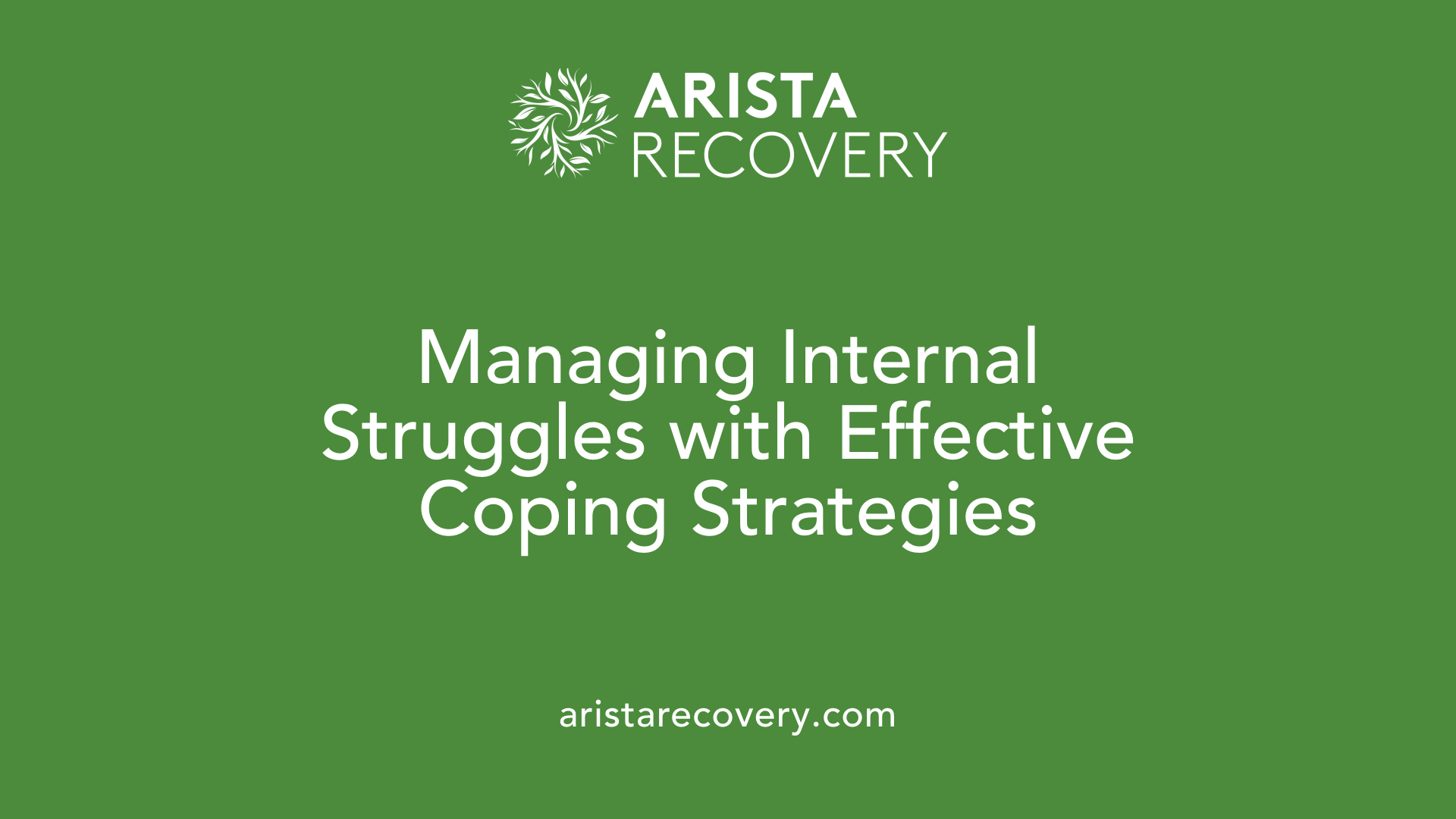
Signs and symptoms of mental relapse
Mental relapse begins when a recovering individual experiences a mental conflict surrounding substance use. This internal struggle can manifest through various signs:
Recognizing these signs early is crucial to prevent escalation into a physical relapse.
Strategies to manage mental relapse urges
Coping strategies play a vital role in overcoming mental relapse. Here are some effective techniques:
By implementing these strategies, individuals can navigate the tricky waters of mental relapse effectively.
Physical Relapse: The Culmination of a Process
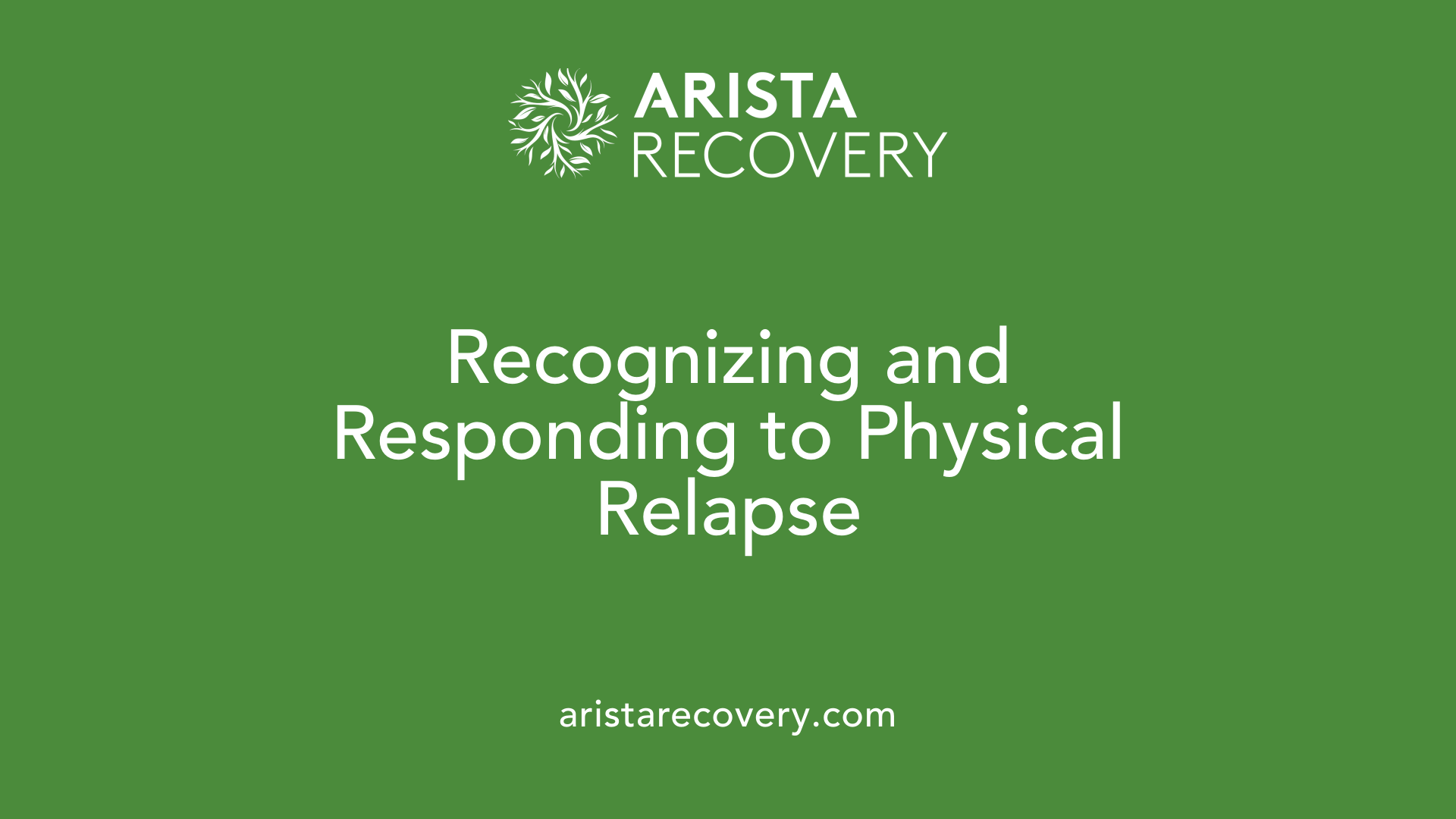
What are the consequences of physical relapse?
Physical relapse marks the point where individuals return to substance use after a period of sobriety. This stage can be fraught with negative consequences, which often include feelings of guilt, shame, and disappointment. The psychological toll of relapse can exacerbate symptoms of anxiety and depression, leading to a downward spiral in mental health.
Additionally, returning to substance use may disrupt the stability achieved during recovery, raising the risk of further relapses in the future. The social implications can also be significant; individuals may find themselves reconnecting with negative influences or damaging relationships that can hinder their path to recovery.
What intervention measures can be taken?
Recognizing when a physical relapse might occur is crucial. Intervention strategies can help mitigate the impact of relapse. These may include:
By taking these steps, individuals can foster resilience and help guide themselves back on the path to recovery after a physical relapse.
Triggers and Risk Factors for Relapse
Common Triggers Leading to Relapse
Understanding the common triggers for relapse is crucial for those in recovery. Some prevalent triggers include:
Recognizing these triggers can empower individuals to take proactive measures in their recovery journey.
Ways to Mitigate Relapse Risks
To effectively combat the risk of relapse, individuals can employ several strategies:
By implementing these strategies, individuals can better navigate the complex pathway of recovery and reduce their risk of relapse.
Building Resilience Through Support Systems
The role of support systems in recovery
Support systems play a crucial role in the recovery process. Friends, family, and recovery groups offer encouragement and accountability, making it easier for individuals to stay on track. When someone shows signs of emotional or mental relapse, such as social withdrawal or neglecting self-care, supportive loved ones can help by noticing changes and encouraging healthy behaviors.
Regular interactions with a support network can help prevent isolation, which is a significant relapse risk factor. Open communication about struggles and emotions fosters an environment of trust and connection.
Importance of community involvement
Being involved in community recovery programs helps individuals build resilience against relapse. Participation in group therapy, support meetings, or community outreach provides not only emotional support but also shared experiences and coping strategies.
Community involvement helps individuals develop a sense of belonging and purpose, reducing feelings of loneliness and boredom—common triggers for relapse. Engaging with others who share similar goals fosters an atmosphere of mutual support, essential for sustained recovery.
Developing a Relapse Prevention Plan
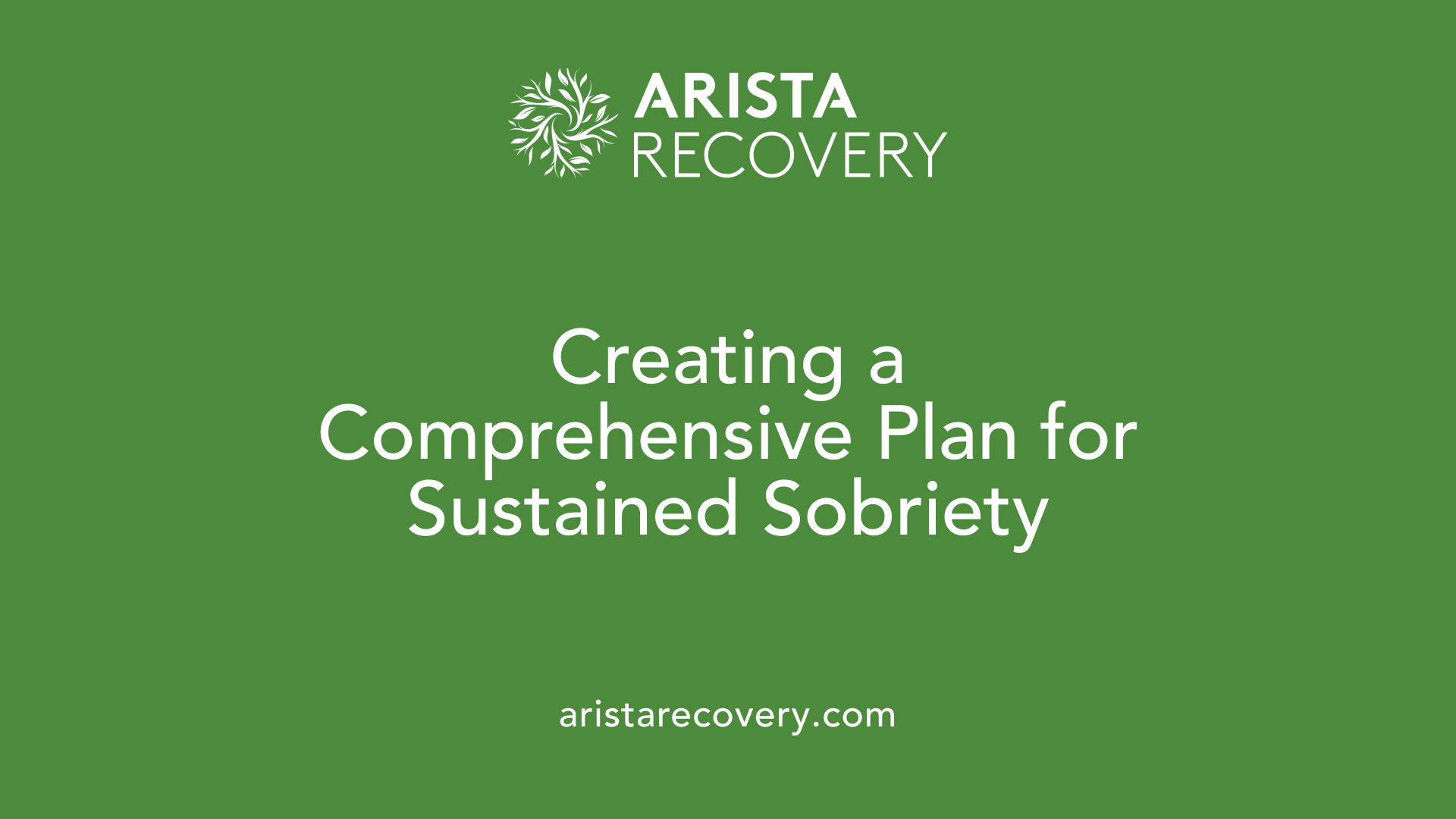
Components of an effective relapse prevention plan
Creating a comprehensive relapse prevention plan is essential to maintain sobriety. Key components include:
Long-term strategies for maintaining sobriety
To sustain a lasting recovery, individuals should consider the following strategies:
By proactively addressing these areas, individuals can significantly reduce their risk of relapse.
Conclusion: Proactive Measures Against Relapse
Understanding the nuanced symptoms and stages of relapse plays a crucial role in maintaining sobriety. By identifying the early warning signs and implementing comprehensive prevention strategies, individuals in recovery can effectively manage potential setbacks. Continuous support from healthcare providers, family, and peers, in addition to self-care practices, are integral in fostering a resilient recovery journey.
References
- 6 Relapse Warning Signs To Know | Ashley Addiction Treatment
- Warning Signs of Relapse - Pinelands Recovery Center of Medford
- Reducing Relapse Risk
- 7 Common Addiction Relapse Triggers and Warning Signs
- Recognizing Early Signs of Relapse - Providence Treatment
- Warning Signs of Relapse: Depression, Stress, and Other Triggers
- Relapse Prevention Plan and Early Warning Signs
- Relapse Prevention and the Five Rules of Recovery - PMC
When mental health challenges and addiction intersect, it can feel isolating. At Arista, we offer compassionate, evidence-based, and trauma-informed care to help you heal, grow, and move forward.
You’re not alone in this.
When mental health challenges and addiction intersect, it can feel isolating. At Arista, we offer compassionate, evidence-based, and trauma-informed care to help you heal, grow, and move forward.
Support that moves with you.
You’ve taken a brave first step. At Arista Recovery, we’re here to help you continue with best-in-class care designed for long-term healing and support.
.webp)






